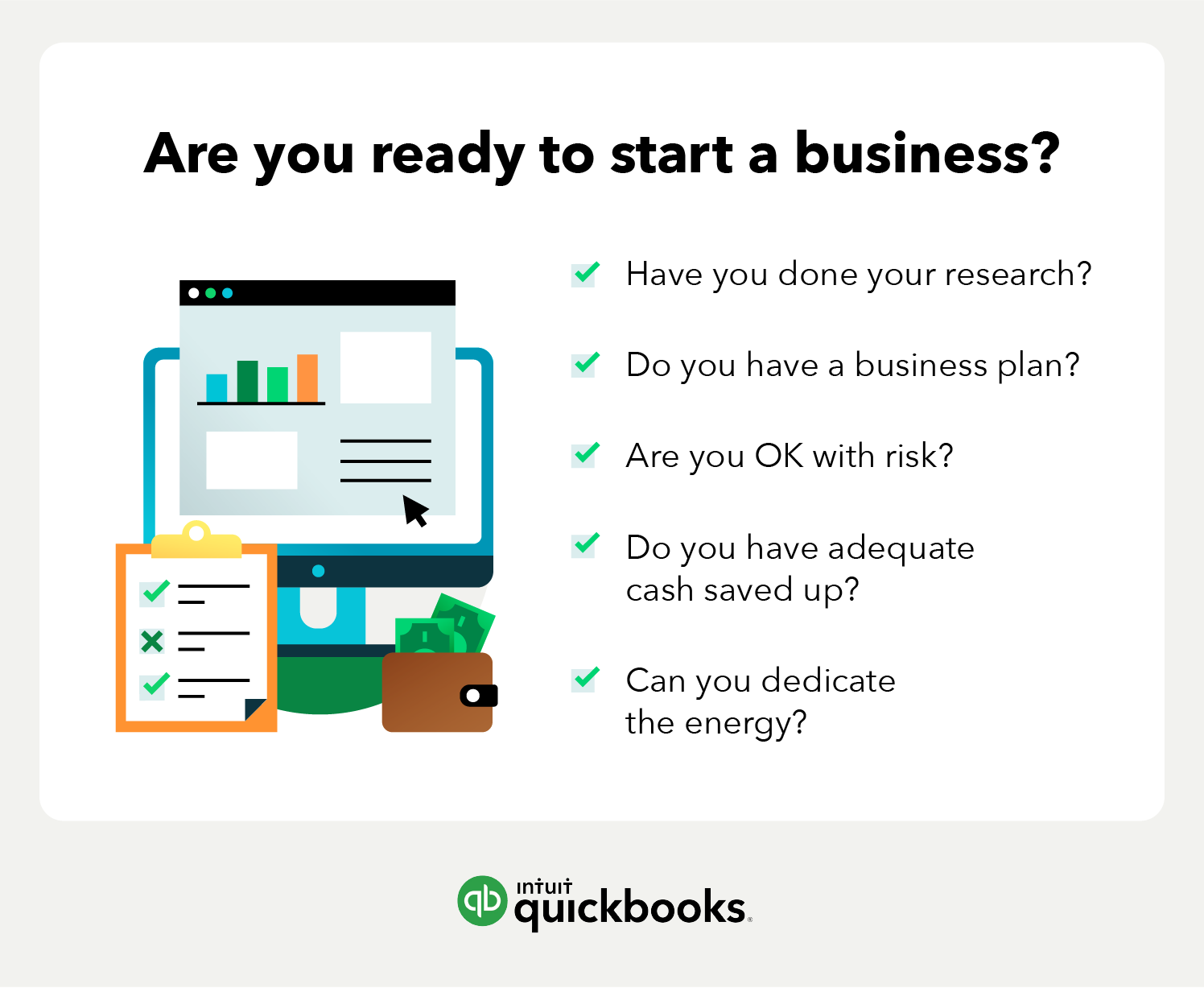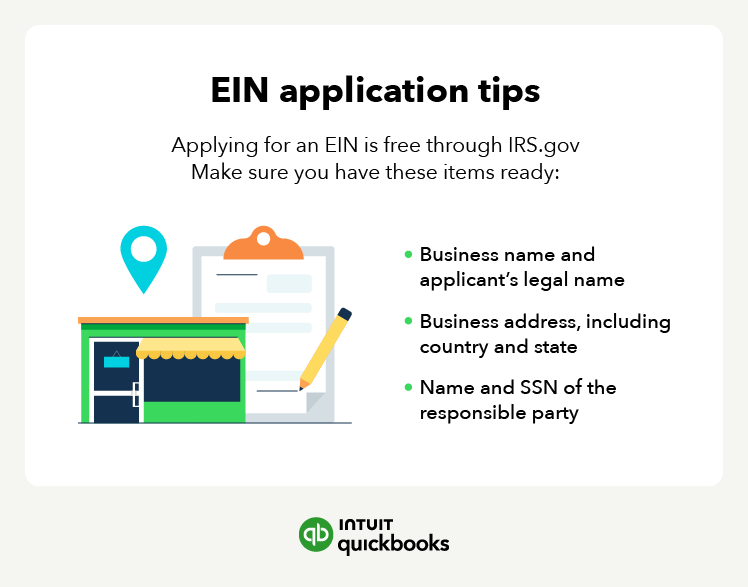Step 7: Pick a business location in Delaware
Thinking of opening a bustling craft brewery in Smyrna? Or perhaps you're envisioning a tech startup in the heart of Wilmington's growing innovation hub. No matter your industry, choosing the right location for your Delaware business is crucial. It impacts everything from operational costs and tax benefits to customer access and employee commutes. Before settling on an area, check with your local municipality and county for licensing, permitting, zoning, and tax requirements.
If applicable, consider running your business from home, which can help reduce overhead costs like rent, utilities, and commuting.
But if you want to set up shop in a metropolitan area, the following are some locations to consider:
Wilmington
Wilmington, Delaware’s largest city and home to over half of Fortune 500 companies, anchors the state’s corporate, financial, and government sectors. With a diverse economy across finance, healthcare, and technology, Wilmington provides a dynamic business landscape.
With a walkable downtown, and the exciting Riverfront district for dining, shopping, and entertainment. Ideally located 30 minutes from Philadelphia and between New York and Washington, D.C., the city offers exceptional regional, national, and international connectivity.
Dover
Delaware's capital city, Dover, offers a relaxed atmosphere, with a focus on government, education, and healthcare. It has access to transportation networks and a diverse customer base.
Newark
Home to the University of Delaware, Newark boasts a college-town atmosphere with a strong emphasis on education, research, and technology. The presence of the university also provides a readily available pool of highly educated talent for businesses seeking skilled employees.
Smyrna
Smyrna, a town in Kent County, offers a mix of small-town charm and business opportunities. Its downtown area features a variety of shops and restaurants, while its surrounding areas provide ample space for industrial and commercial development. As the state’s fifth-largest and fastest-growing municipality, Smyrna is strategically positioned for continued economic and residential development, making it a promising location for businesses and residents alike.
Regardless of your chosen area, it's essential to research and understand the specific regulations that apply to your business location.














